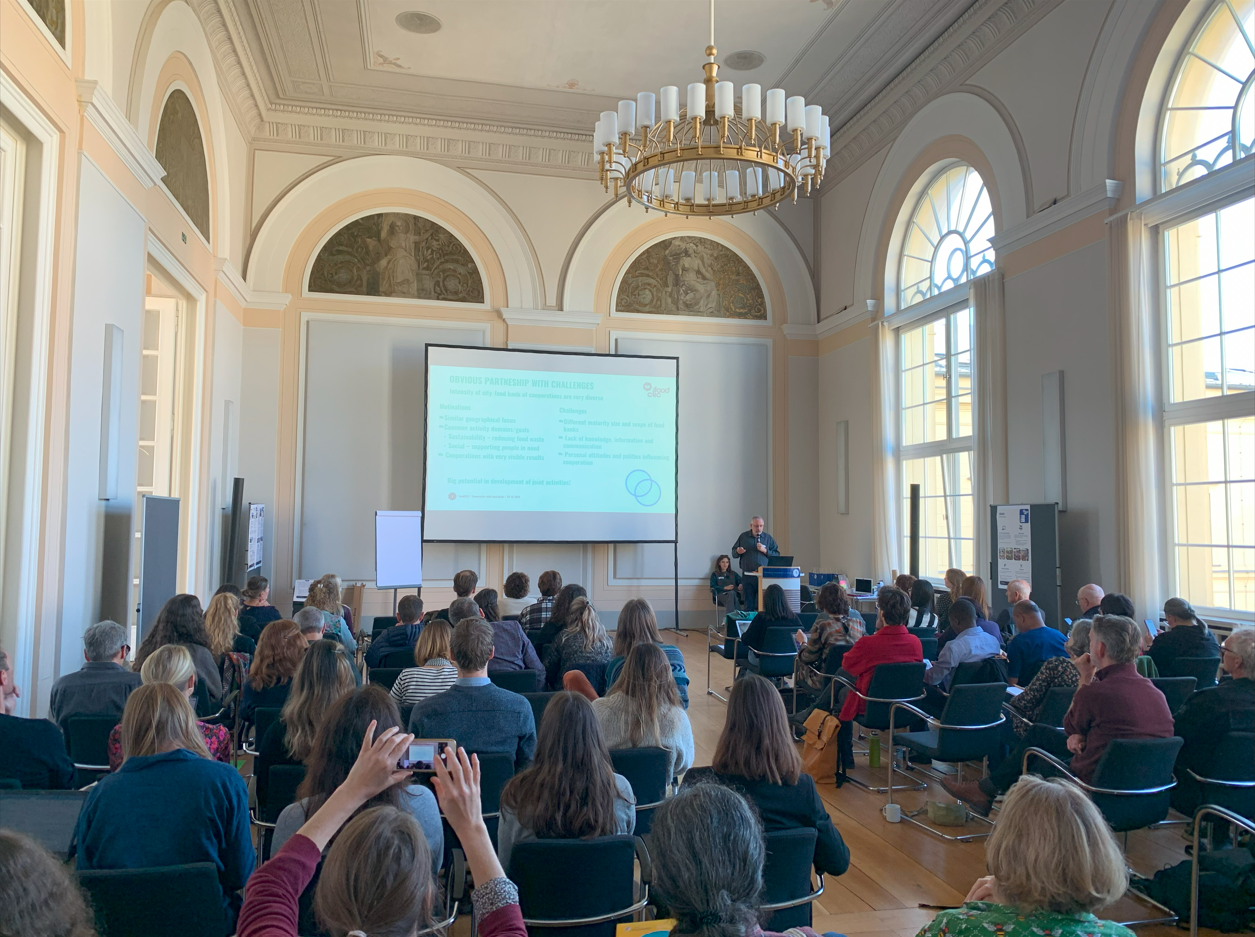On October 23rd, a workshop focused on the collaboration between cities and food banks took place in Berlin as part of the FoodClic project consortium meeting. The event brought together city representatives, food sustainability experts, and other stakeholders to explore opportunities for stronger cooperation aimed at reducing food waste and supporting vulnerable populations.
Presentation on Food Banking
Balázs Cseh, representing the European Food Banks Federation, opened the workshop with an overview of the food banking network. He highlighted the essential role food banks play in recovering surplus food and redistributing it to those in need. His presentation also emphasized the untapped potential in fostering closer partnerships between cities and food banks. These collaborations can significantly enhance local efforts to fight food waste, improve food distribution networks, and support sustainability goals.
Case Studies on Successful City-Food Bank Collaborations
Two inspiring case studies were presented, showcasing how municipalities can successfully engage in food-saving initiatives:
- Dóra Diófási, Budapest Municipality: Dóra presented Budapest’s innovative program focused on food saving from schools. This initiative reduces food waste in educational institutions while ensuring surplus food is redirected to those in need.
- Laura Bosch, Municipality of Barcelona: Laura presented the “Foodback” project, which involves food saving efforts from Mercabarna, Barcelona’s wholesale market. This project demonstrates how local governments can work closely with food banks to repurpose surplus food from large-scale markets.
Interactive Sessions: Strengthening City-Food Bank Collaboration
The workshop participants were divided into small groups to discuss the current status of cooperation between cities and food banks in their respective regions. These interactive sessions provided valuable insights into the challenges and opportunities that exist in building these partnerships. Key topics of discussion included:
- Assessing the existing level of cooperation
- Identifying opportunities for further development
- Sharing experiences and strategies for effective collaboration
Conclusion: Room for Growth in City-Food Bank Collaborations
The workshop concluded with a clear message: while there are some successful examples of city-food bank partnerships, much of the potential remains untapped. The sharing of knowledge, best practices, and successful models will be crucial in unlocking this potential and enabling cities and food banks to work more effectively together in the future.




